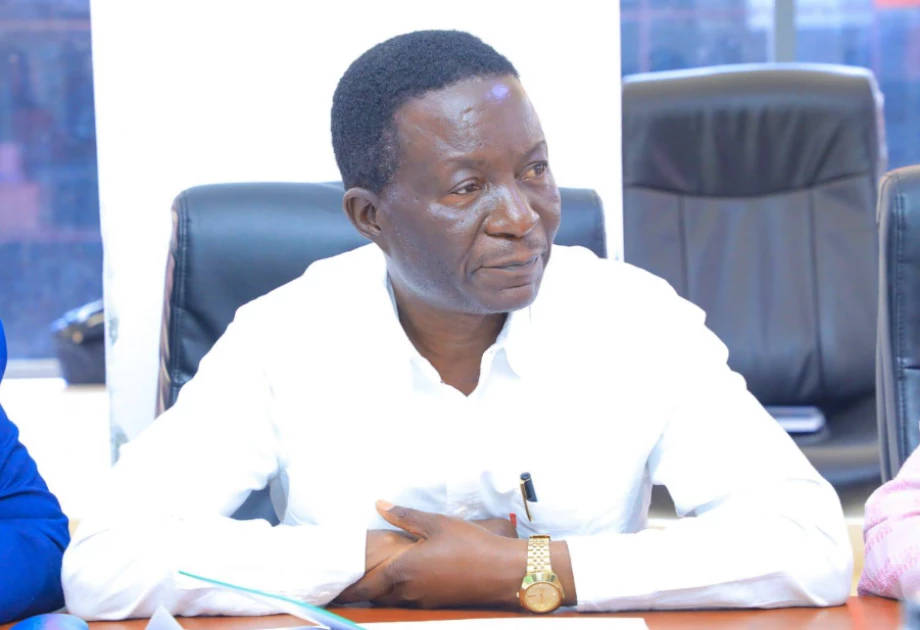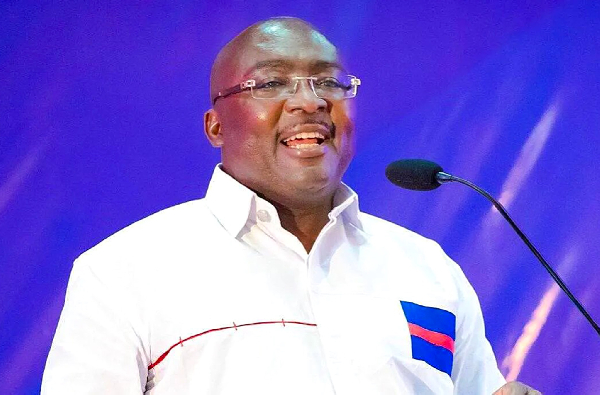24-hour Economy Policy to create about 1.7million jobs

Ghana's ambitious 24-hour economy policy is projected to generate at least 1.7 million jobs while ensuring sustainable employment for the youth, according to Mr. Goozie Tanoh, the Presidential Advisor on the policy. Speaking at the Energy News Africa Limited’s 5th Anniversary Lecture, Mr. Tanoh, represented by Dr. Ishmael Dodoo, emphasized that the policy is designed to transform Ghana's economy into a highly productive one, serving as a catalyst for employment.
Mr. Tanoh highlighted that this policy represents the most ambitious economic restructuring plan since Ghana's independence. It aims to elevate the country’s Gross Domestic Product by 31.7 percent over 10 years, surpassing current business trends. The strategy intends to shift Ghana from an import-heavy economic model to a manufacturing and export-led economy, fostering economic independence.
The 24-hour strategy will focus on high-impact sectors, including agro-processing, textiles and garments, pharmaceuticals, healthcare, hospitality, digital services, and transport and logistics. Achieving this requires a reliable and affordable energy supply, prompting suggestions for industries to adopt renewable microgrids, gas-to-power hubs, mixed thermals, solar photovoltaic systems with batteries, and smart grid technologies.
Mr. Tanoh urged the Ministry of Energy to collaborate with private investors, local government authorities, banks, international development partners, academia, and entrepreneurs to transform the country’s energy sector. Echoing this sentiment, Sustainable Energy Expert Wisdom Ahiataku-Togobo advocated for greater support for Ghana’s nuclear program, viewing it as critical for the country’s industrial success.
In related news, the OPEC Fund for International Development has approved over $600 million in new development financing. This investment aims to bolster infrastructure, private sector growth, food security, and human capital development across Africa, Asia, Latin America, and the Caribbean. Projects approved during the Fund’s 191st Governing Board meeting in Vienna underscore a strategic push for inclusive and resilient growth. According to the Fund’s President, these investments demonstrate a firm commitment to fostering practical development solutions in critical areas such as transport, vocational skills, and small business financing.
Costa Rica will receive a €180 million loan to expand and improve the San Jose–San Ramon Road Corridor, enhancing road safety and trade along the Inter-American Highway. Nepal is set to receive a $100 million loan to upgrade its power infrastructure, strengthening its electricity transmission and distribution network. Rwanda will benefit from a $27.95 million loan to enhance aviation training capacity, positioning itself as a regional aviation hub. Senegal will receive €25 million to boost sustainable agricultural output and climate resilience, benefiting approximately 57,000 households. Tanzania secured $75 million to support the Uvinza–Malagarasi section of the Standard Gauge Railway Project, enhancing regional trade and connectivity with Burundi and the Democratic Republic of Congo.
In the private sector, Côte d’Ivoire will receive a €30 million loan to improve access to finance for small and medium-sized enterprises. The Democratic Republic of Congo has been approved for $20 million to support lending to critical economic sectors. Nicaragua has been allocated $20 million to boost financial inclusion and increase access to credit for agricultural businesses.
Regionally, the OPEC Fund is participating with $40 million in a $240 million trade finance facility to support agricultural trade across several African nations. This initiative aims to strengthen food systems and market access throughout the continent. These financing efforts underscore the OPEC Fund’s commitment to sustainable development, economic inclusion, resilient infrastructure, and regional cooperation in emerging economies.












